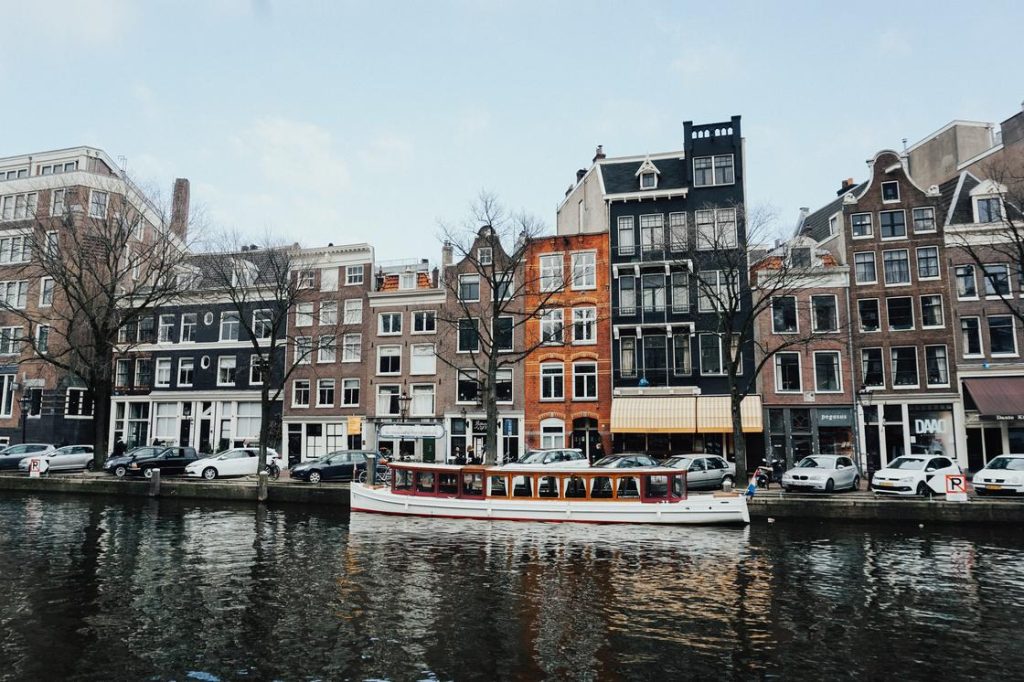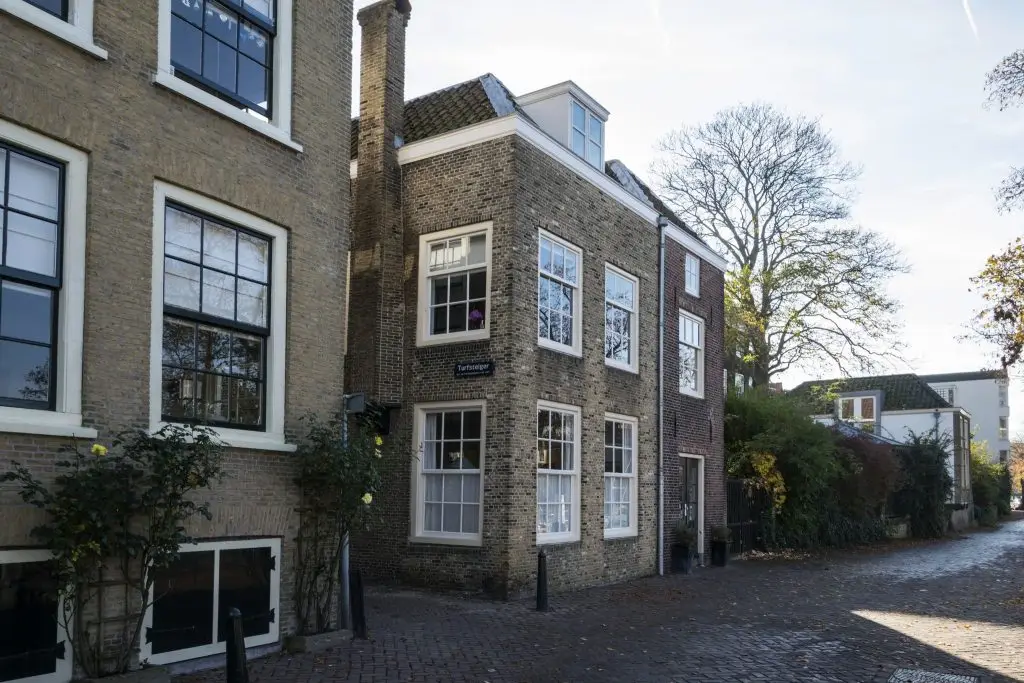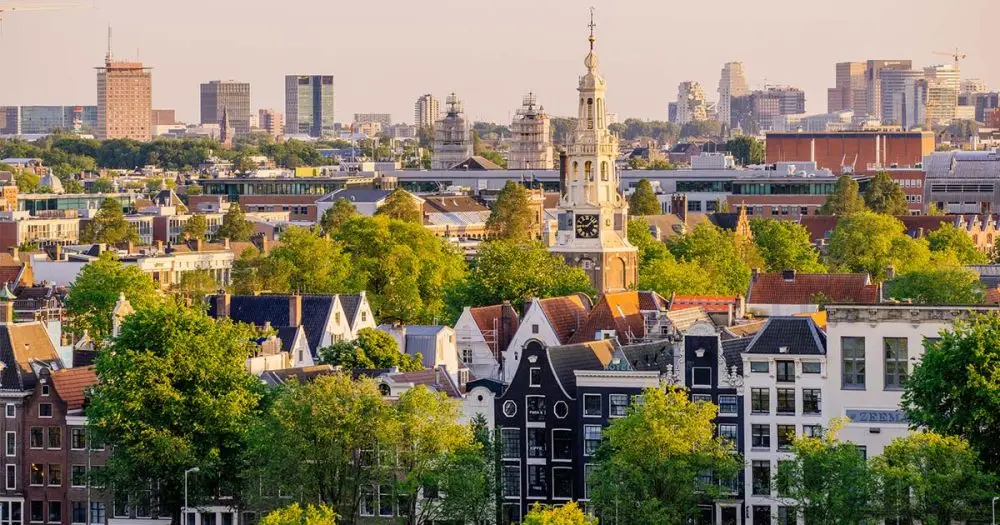Taxation remains a key aspect of financial planning for homeowners in Europe. Property tax in the Netherlands is a mandatory payment, the amount of which depends on the cadastral value of the property and a number of other factors. Ignorance of the nuances leads to unexpected costs and penalties. To understand the calculation mechanism, you need to take into account municipal fees, possible exemptions and methods of determining the value of the object.
Unlike some countries, the Dutch tax system is transparent, but it has specific features that you should be aware of in advance. The Onroerendezaakbelasting (OZB) system is based on an annual revaluation of residential properties, and the WOZ fee affects not only the amount of payments, but also the incentives available. By understanding the details, it is possible to optimise the tax burden by reducing costs.
How property tax is calculated in the Netherlands
Every property owner in the Netherlands is obliged to pay an annual property tax. The tax is based on the cadastral value (WOZ) determined by the municipality. The WOZ is reviewed annually and its amount is reflected in the notices sent to the owners.
The municipality calculates the Onroerendezaakbelasting (OZB) based on the interest rate set for the specific region. In Amsterdam the coefficient for residential properties is – 0.0436 per cent and in Utrecht it is 0.0485 per cent. The rates are higher for commercial properties.
Additional charges include water management fees and sewerage charges, which are payable regardless of the type of property.
WOZ and its impact on tax
The amount of WOZ in the Netherlands is determined by valuers based on market data from the previous year. The municipality sends a notice stating the value, which can be challenged within six weeks. The appeal is made by filing an appeal and you must provide evidence of the overvaluation, such as independent expert reports or statistics on similar properties.
Municipal taxes in the Netherlands
 In addition to property tax in the Netherlands, every owner of a property is required to pay a number of municipal fees each year, the amount of which varies from locality to locality. Onroerendezaakbelasting (OZB) is a part of the fiscal burden that includes, among other things, mandatory fees. These fees are used to support the city’s infrastructure as well as to finance public utilities.
In addition to property tax in the Netherlands, every owner of a property is required to pay a number of municipal fees each year, the amount of which varies from locality to locality. Onroerendezaakbelasting (OZB) is a part of the fiscal burden that includes, among other things, mandatory fees. These fees are used to support the city’s infrastructure as well as to finance public utilities.
Utility charges are a financial instrument that ensures the maintenance of water systems, sewerage networks and waste management. Major expense items include:
- Waterschapsbelasting – water management fees. Costs for the maintenance of dams, sewage treatment plants and canals to prevent flooding. The amount of the fee is determined by the regional water authorities and depends on the location of the property.
- Rioolheffing is a fee related to the use of sewerage systems. It is levied not only on residential property owners, but also on commercial property owners. Its amount is calculated depending on the number of users in the house or the amount of water consumed.
- Afvalstoffenheffing – fee for household waste disposal. Includes the costs of transporting and recycling waste. The amount of the fee varies depending on the recycling policy of the particular municipality and may depend on the number of residents.
The calculation of council tax in the Netherlands is not fixed, so it is important to check the amount set by the authorities every year. In order to reduce the fiscal burden, it is recommended to analyse the published tariffs and apply for a review in case of unjustified increases.
Property tax incentives in the Netherlands: when you can pay less taxes
There are tax incentives for certain categories of property owners in the Netherlands. Pensioners, people with disabilities, large families and socially disadvantaged groups can apply for a reduction.
To apply, you must apply to the local authorities with supporting documents. Examples of successful challenges are found in court practice, which makes the process accessible to owners.
Buying a property in the Netherlands: peculiarities of paying taxes on the primary and secondary markets
The process of purchasing a home is accompanied by mandatory fees and charges that can affect the final value of the transaction. Property purchase tax in the Netherlands includes several payments depending on the type of property and its market value. It is important to take into account the differences:
- On the primary market, new buildings are subject to a value added tax (VAT) of 21%. This tax is included in the price of the property and the price quoted by the developer already contains all mandatory payments. At the same time, buyers are exempt from paying transfer tax.
- On the secondary market, a transfer tax (Overdrachtsbelasting) of 2 per cent applies, which is payable by the buyer separately. The rate applies to residential properties purchased for personal use. If the property is purchased for investment purposes, the tax rate increases to 10.4%.
Additionally, buyers pay a registration fee, the amount of which depends on the value of the object and notary fees. The cost of registration ranges from €1,000 to €3,000, including legal fees and changes to the cadastral register.
Proper cost allocation will avoid unexpected costs and reduce the financial burden of buying a property in the Netherlands.
Is it worth the investment?
Investors take property tax in the Netherlands into account when calculating profitability. High duties are compensated by market stability and price growth. The average annual increase in the cost of housing in the Netherlands is 5-7%, which attracts foreign investors.
Rental yields depend on location. In Amsterdam the average yield is 3-5%, in The Hague – 4-6%. Comparison with markets in other EU countries shows that the Netherlands remains an attractive jurisdiction for investment.
Conclusion
 Property tax in the Netherlands requires careful calculation and planning. It is possible to reduce costs by challenging the WOZ, utilising exemptions and choosing the right property. Timely payment of fees and understanding of the taxation system can minimise risks and avoid penalties.
Property tax in the Netherlands requires careful calculation and planning. It is possible to reduce costs by challenging the WOZ, utilising exemptions and choosing the right property. Timely payment of fees and understanding of the taxation system can minimise risks and avoid penalties.
 en
en  ru
ru  de
de  ar
ar  es
es  nl
nl  hi
hi  fr
fr  it
it  pt
pt  el
el 









